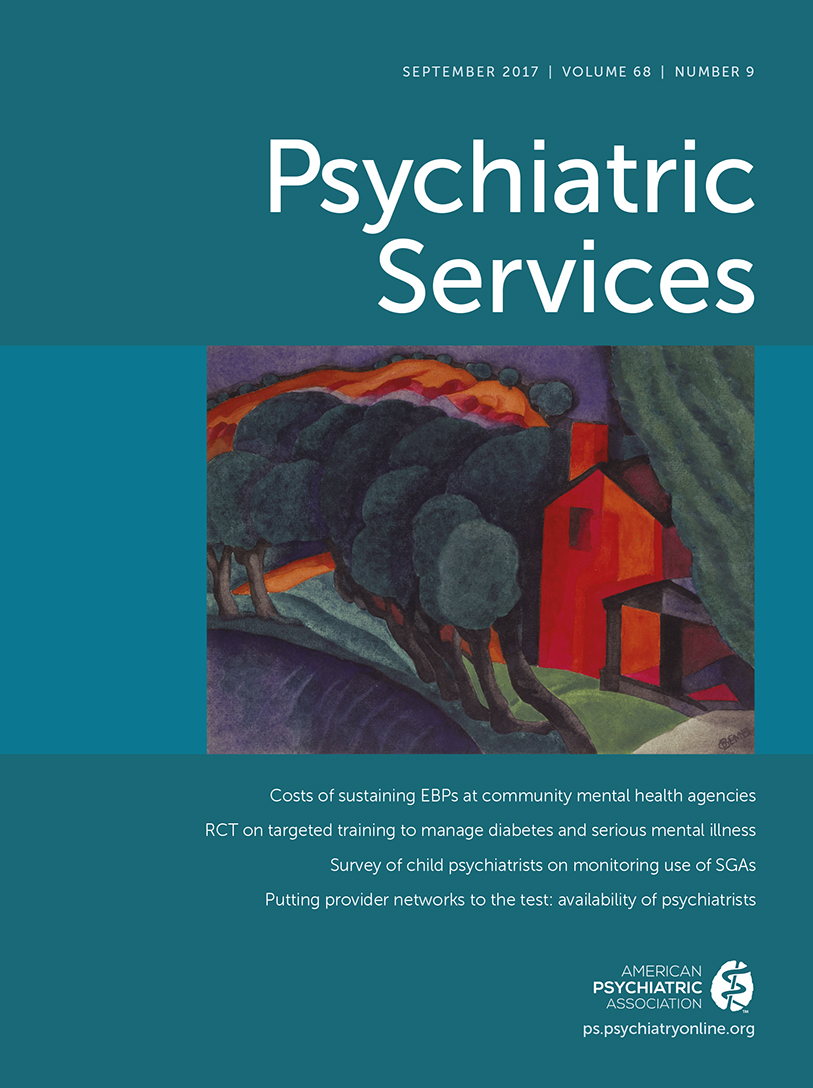Clinical Decision Making and Mental Health Service Use Among Persons With Severe Mental Illness Across Europe
Abstract
Objective:
The study explored relationships between preferences for and experiences of clinical decision making (CDM) with service use among persons with severe mental illness.
Methods:
Data from a prospective observational study in six European countries were examined. Associations of baseline staff-rated (N=213) and patient-rated (N=588) preferred and experienced decision making with service use were examined at baseline by using binomial regressions and at 12-month follow-up by using multilevel models.
Results:
A preference by patients and staff for active patient involvement in decision making, rather than shared or passive decision making, was associated with longer hospital admissions and higher costs at baseline and with increases in admissions over 12 months (p=.043). Low patient-rated satisfaction with an experienced clinical decision was also related to increased costs over the study period (p=.005).
Conclusions:
A preference for shared decision making may reduce health care costs by reducing inpatient admissions. Patient satisfaction with decisions was a predictor of costs, and clinicians should maximize patient satisfaction with CDM.



